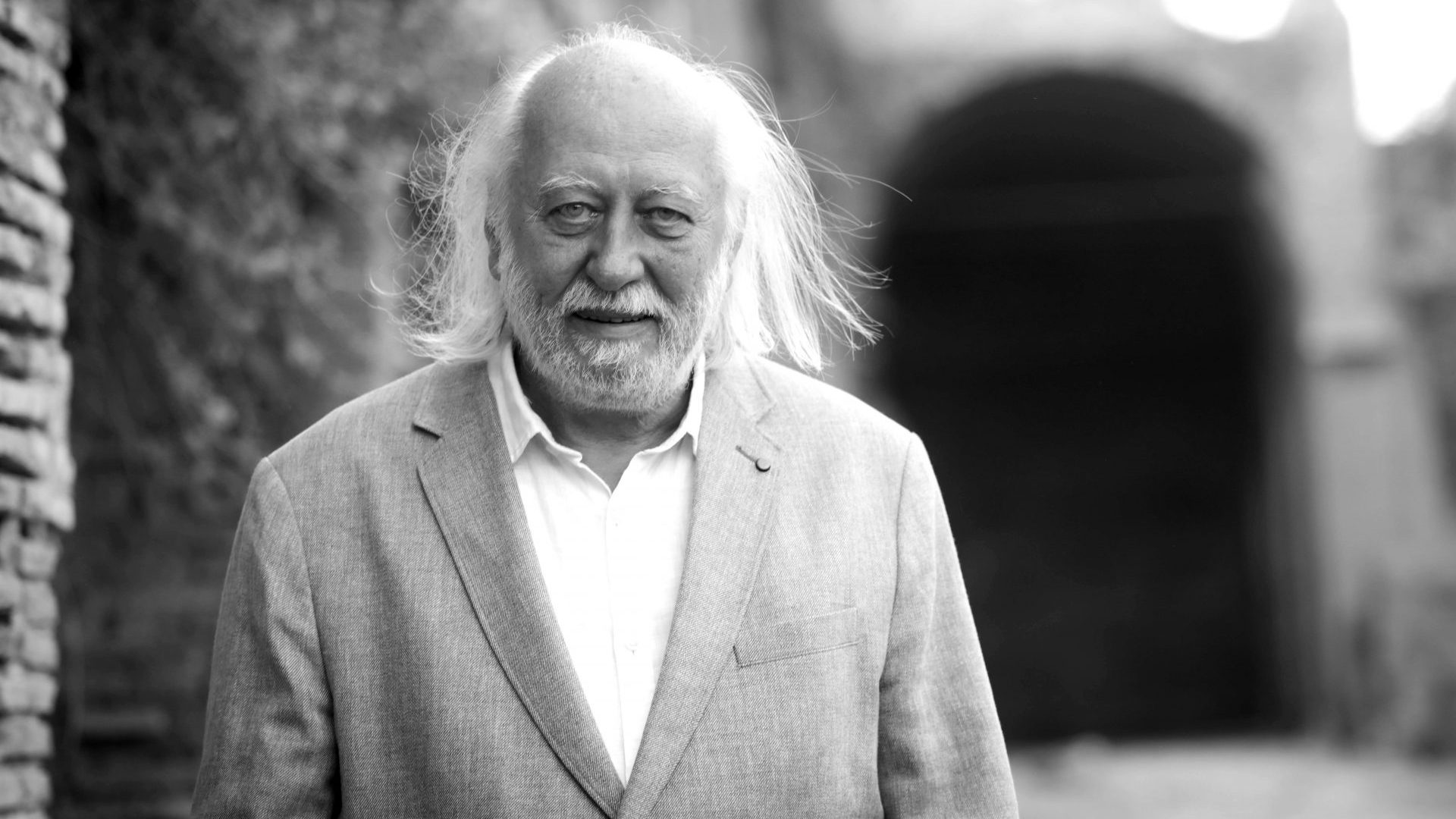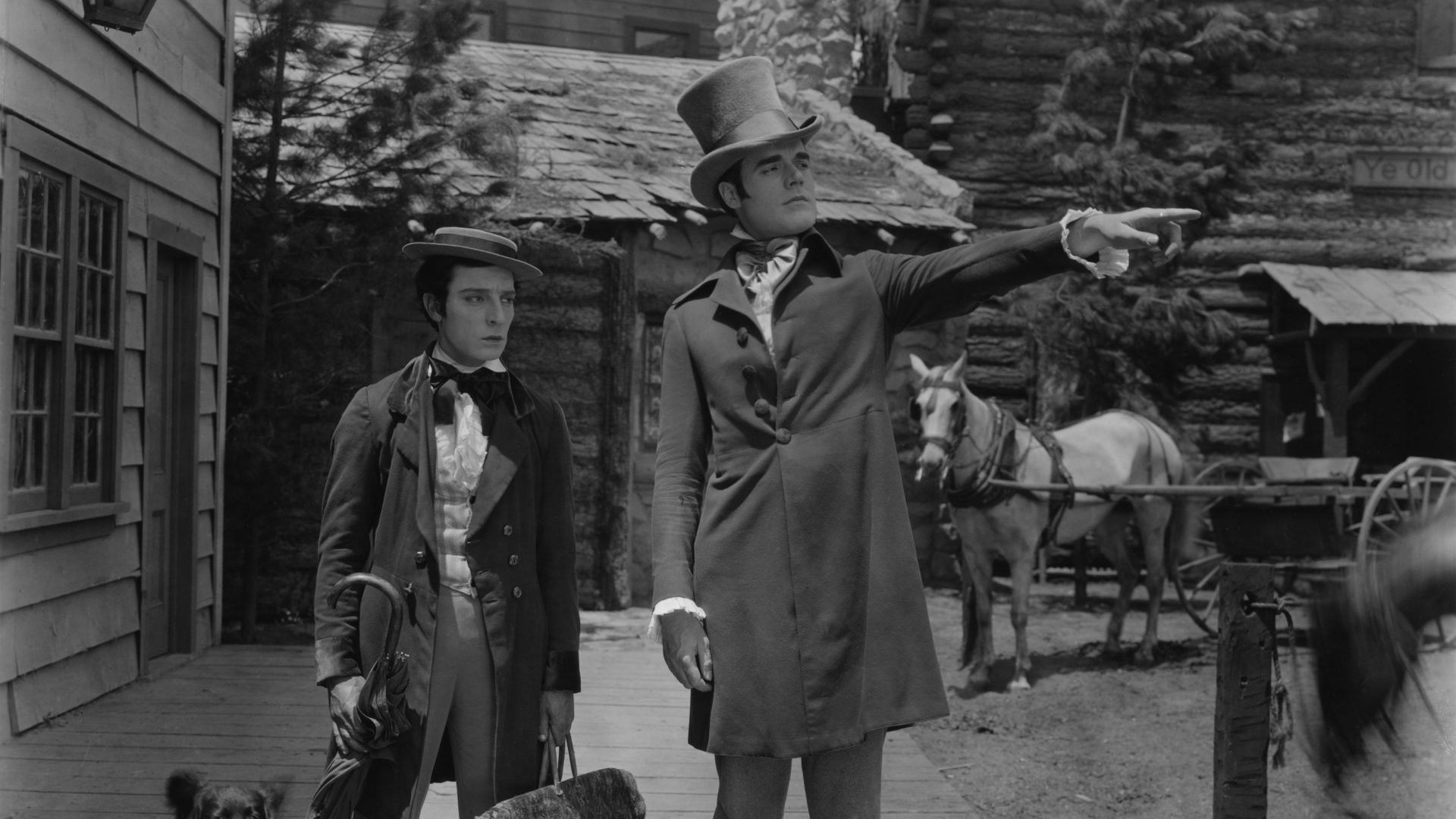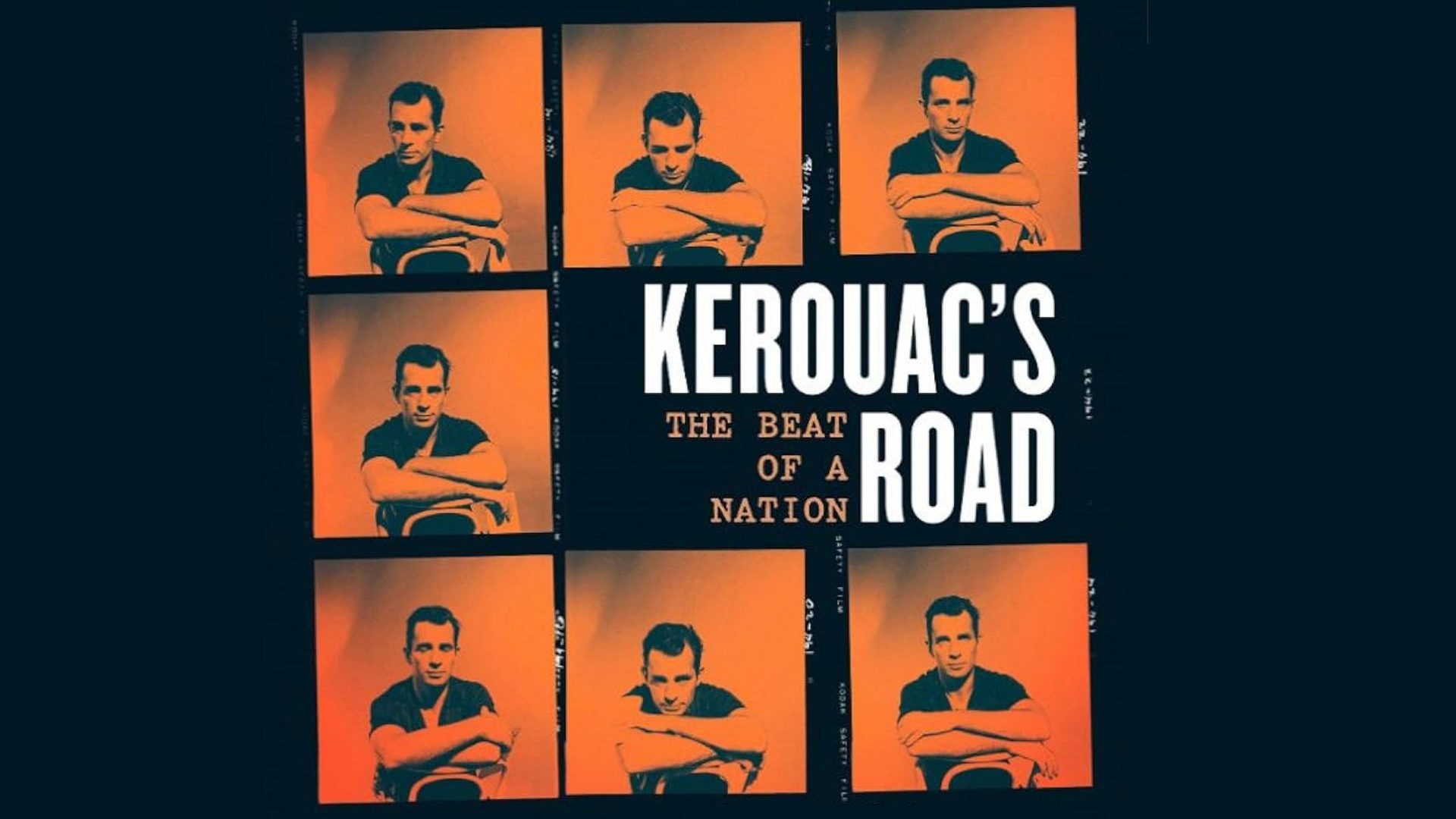When I see the headlines surrounding László Krasznahorkai’s richly deserved Nobel Prize for Literature, I know that the master of subversive melancholy is chuckling at phrases like “grim Hungarian novelist’’ and “400 pages without a single full stop’’. He might even respond to the latter: you don’t have to stop breathing when you’re reading!
When I interviewed him in 2012, Krasznahorkai, with his long white hair, beard, and piercing blue eyes, already exuded the Tolstoy-like presence of a literary great. He was gentle and softly spoken, whispering wisdoms and cracking jokes as if trying to release the egg without breaking the shell.
And what was that mantra he kept uttering under his breath? “People have to speak about bad, about evil.’’ Later, he explained, “brutality comes back in the pose of history, and this is such a time; the brutal is back on the street – the only thing I can do in our defence is to write.’’
Krasznahorkai’s work is indeed a defence of intellect and sensibility in a world that has rejected both. A defence (for your protection!) in sentences as long as medieval walls, but full of startling transformations, ways out, visions of hope, however misplaced, to counteract the foreboding.
Then there’s that rich seam of dark humour, akin to Romanian philosopher EM Cioran’s observation that ‘‘To keep the mind vigilant, there is only coffee, disease, insomnia, or the obsession of death.’’ Yet Krasznahorkai wants to go further, to convince the reader that, however doomed we are, “there is no more cause for disillusionment than, for example, for wonder.’’ Speed-reading critics highlight the gloom but don’t seem to have time for the wonder or wit.
At the time of our interview, only three of Krasznahorkai’s novels had been translated into English, all by George Szirtes. Satantango (1985), in which the outcasts in a rain-battered Hungarian village find ways to combat the brutal passage of time, through vigilance, mystical visions, or the lure of a spurious leader. In The Melancholy of Resistance (1989), a rotting whale carcass on tour suggests a moribund regime in a land where care and neglect do daily battle. War & War (1999), meanwhile, is “a book about different forms of demons, written in Allen Ginsberg’s flat; he helped me very much,’’ which in many ways foresees 9/11, the collapse of a shared humanity and the drive towards endless conflict. In each novel, growing authoritarian forces are met by the fragile philosophies and survival routines of human beings seeking refuge or revolt. Another, albeit temporary, solution is to get drunk and dance.
Suggested Reading


Thomas Pynchon, the paranoid who got it right
Witness the wonderful scene in Béla Tarr’s Werckmeister Harmonies, the great Hungarian director’s rendering of The Melancholy of Resistance, when the tavern drinkers move aside the tables at the end of the night and dance the motion of the planets. It’s a scene of beauty and staggering joy.
Since then, thanks to translators Ottilie Mulzet and John Batki adding to Szirtes’s fine work, Krasznahorkai has attracted many more readers in English, especially after receiving the International Booker Prize in 2015. At an earlier residency in Japan, he composed the mesmeric pieces of Seibo There Below (2008), each tale somewhere between meditation and ritual, while Sorrow and Destruction Beneath the Heavens (2004) is a brilliant, often sardonic study of the degradation of China’s spiritual culture, “a culture built on the unconditional primacy of writing.’’
“I write into the centre of language,’’ Krasznahorkai told me, “and there are two directions I choose: one direction is to write the most beautiful sentences imaginable; the other is to write sentences that are very close to everyday language. And I have heard this everyday language more and more over the last few years in bars and on the streets.’’
Such everyday language has flowed into his recent work, making his prose more urgent, less musical. Baron Wenckheim’s Homecoming (2016, translated by Mulzet) sees a rich exile laughably returning as a “true patriot’’ to a Hungary in which “nothing worked’’.
The novel has a garrulous cast, at once provincial and from the streets, the most menacing among them being a far right biker gang. As in Satantango, we’re warned to watch out for fake fisher-kings.
That far right threat is made even more explicit in Herscht 07769 (2021, also translated by Mulzet) in which Florian Herscht from Thüringen writes letters to Angela Merkel detailing his concerns over particle physics and the imminent end of the world, while harbouring a love of Bach, and working for a cleaning company that turns out to be a neo-Nazi lynch mob.
Yes, just as this extraordinary writer had whispered to me back in 2012, the bad, the brutal is back on the streets, and vigilance (the critical gaze), sharpened by hierarchy-challenging, ultimately uplifting literature like this, must form our first line of defence.
J A Hopkin is an author and journalist



